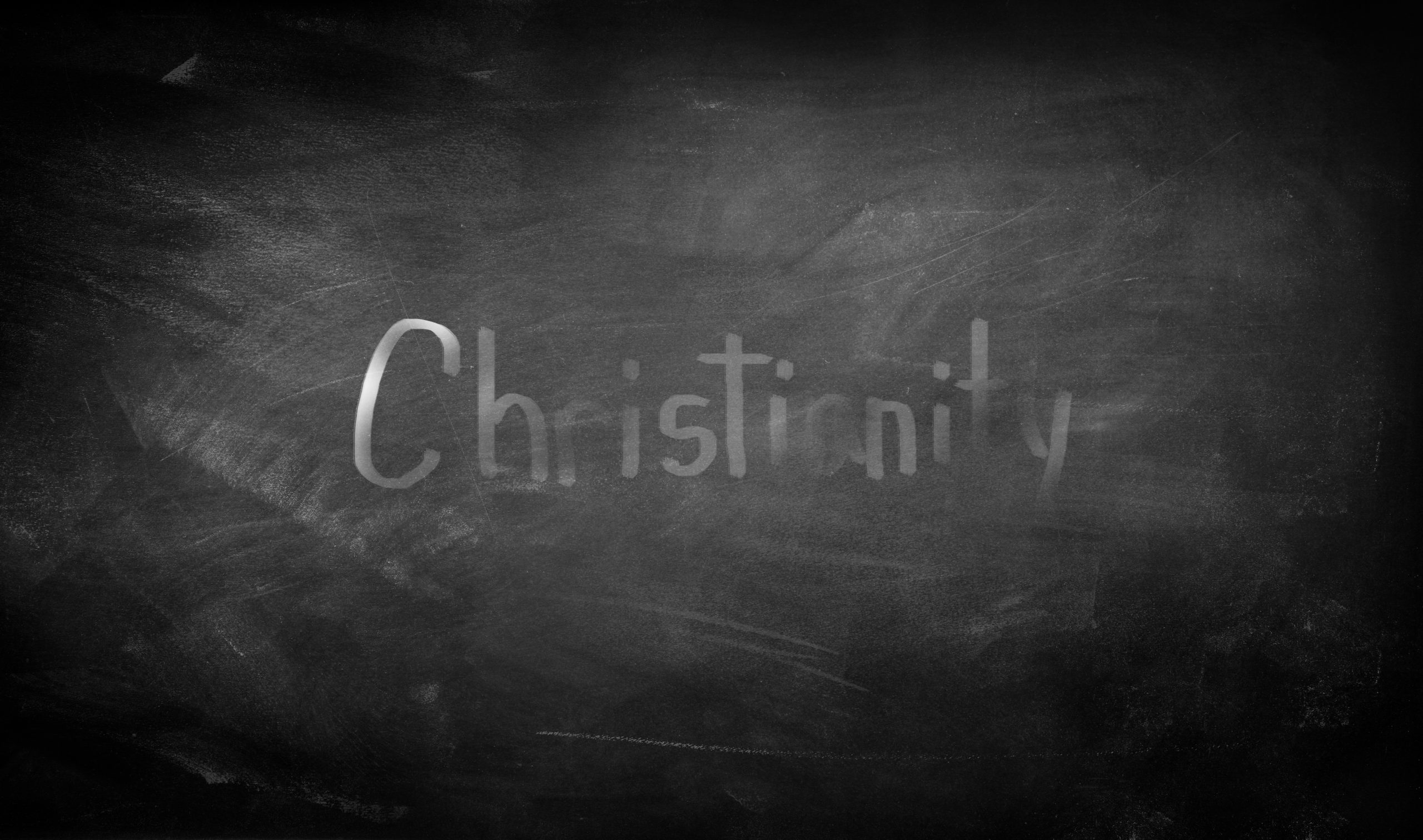
We Live in a Post-Christian Age
Few Christians understand this
Even fewer know what to do about it
Clapham Institute exists to resource those who recognize we live in a post-Christian age
Clapham Commentary

Mike Metzger
President
The Morning Mike Check
Listen to the latest podcast episodes from Clapham Institute.
Tailored
Resources
Coaching
For a nominal fee, Mike is available for personalized coaching.
Content
For a larger fee, Mike is available to create content for your specific organization.
Workshops
For a larger fee, Mike is available to facilitate workshops for your organization